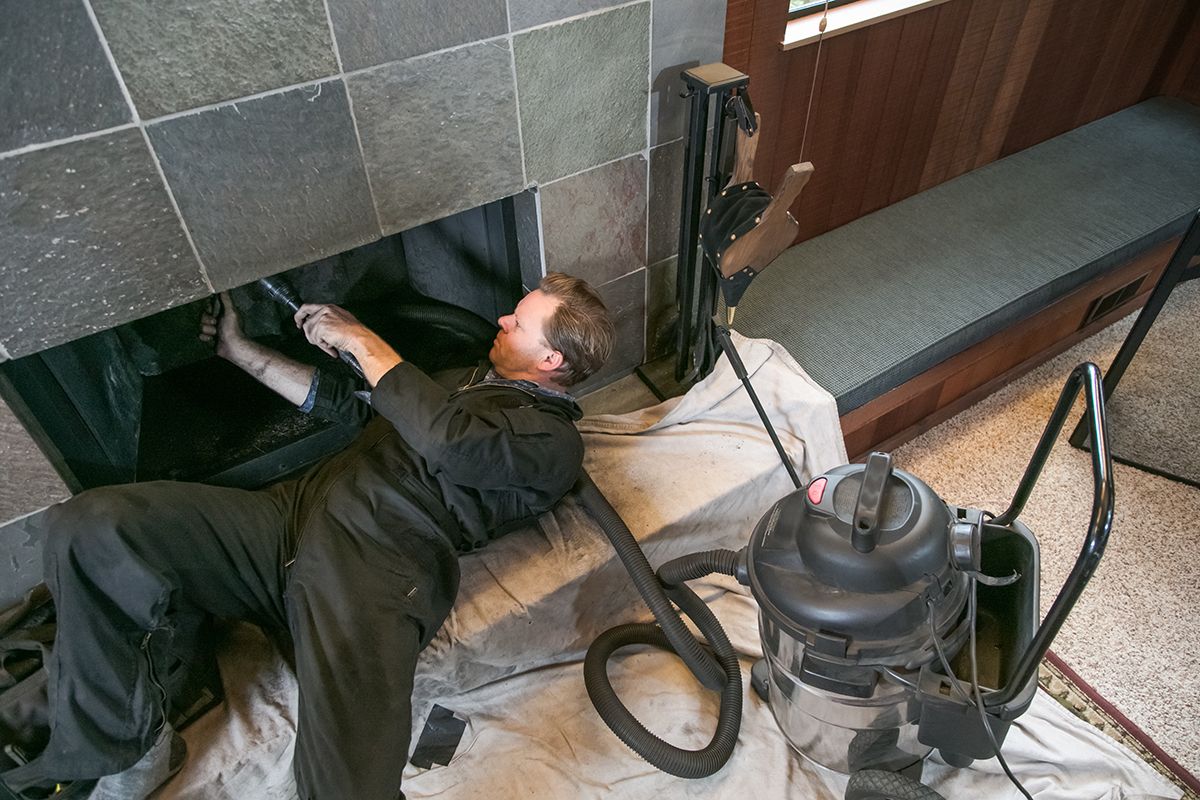Legal Considerations for Haushaltsauflösung in Berlin: What You Should Know

When facing a Haushaltsauflösung Berlin, or household clearance in Berlin, it’s important to understand that this process involves not only physical labor but also legal responsibilities and regulations. Whether you’re dissolving a household due to a move, death, or financial situation, you must be aware of the legal framework to avoid complications and potential penalties. This article outlines the essential legal considerations for anyone undertaking a Haushaltsauflösung in Berlin.
Understanding Haushaltsauflösung and Its Legal Scope
A Haushaltsauflösung is more than just removing furniture and personal belongings from a property. It can include ending rental agreements, managing inheritances, handling waste disposal, and selling or donating items. Each of these steps comes with legal implications that must be carefully managed to ensure compliance with local laws in Berlin.
In Germany, and particularly in Berlin, specific rules apply to tenancy law, inheritance law, and environmental regulations. Failure to follow these laws can result in fines or legal disputes. It’s essential to prepare properly, consult professionals if needed, and keep documentation for every step of the process.
Tenancy Law and Household Clearance
One of the most important legal areas involved in a Haushaltsauflösung Berlin is tenancy law. If the property is rented, the lease must be terminated properly. According to German tenancy law (Mietrecht), tenants must provide written notice to the landlord, typically three months in advance. However, in cases of death or emergency, different rules may apply.
For example, if the tenant passes away, the lease does not automatically end. The legal successors (such as heirs or spouses) may have the right to continue the lease or must give notice within a specified time. Ignoring these procedures can result in ongoing rent payments or disputes with the landlord.
Moreover, when vacating the premises, tenants are legally required to return the apartment in a condition outlined in the rental contract. This could include repainting walls or repairing damages. Failing to do so can lead to deductions from the security deposit or legal claims from the landlord.
Inheritance and Property Rights
In many cases, Haushaltsauflösung Berlin is initiated after the death of a family member. In such situations, German inheritance law comes into play. Before clearing out the property, it’s crucial to determine who the legal heirs are. Only authorized persons are allowed to access the estate and dispose of property.
Heirs must apply for a certificate of inheritance (Erbschein) from the local probate court (Nachlassgericht) to gain legal authority over the deceased’s property. Until this is issued, it is illegal to sell, donate, or discard any items from the estate.
Additionally, heirs are not only entitled to assets but also responsible for any outstanding debts. It’s wise to consult with a lawyer before accepting an inheritance, especially if liabilities are unknown. Once accepted, the heir cannot renounce the inheritance and must deal with all associated responsibilities, including a proper Haushaltsauflösung.
Waste Disposal Regulations in Berlin
Disposing of unwanted items is a major part of any Haushaltsauflösung, but in Berlin, this must be done in accordance with strict environmental and waste management regulations. The illegal dumping of furniture, electronics, or hazardous materials can lead to significant fines.
Berlin’s municipal waste services (BSR – Berliner Stadtreinigungsbetriebe) offer special pick-up options for bulky waste (Sperrmüll), but certain rules apply. You must schedule the collection in advance and separate different types of waste correctly.
For items containing electronics or harmful substances (like refrigerators, TVs, or paint), specific disposal procedures exist. These should be brought to designated recycling centers or disposed of via certified waste disposal services. Ignorance of these rules is not an excuse under the law.
Data Protection and Document Handling
During a Haushaltsauflösung Berlin, you may come across personal documents, such as medical records, financial statements, or identity papers. German data protection laws (Datenschutz) require that such documents be handled securely.
You cannot simply throw away sensitive papers. Instead, they should be shredded or taken to a professional document destruction service. This is particularly important for businesses or professional households, where client or patient data is involved. Mishandling personal data can result in penalties under the General Data Protection Regulation (GDPR).
Selling and Donating Items
Selling or donating furniture and belongings during a Haushaltsauflösung is common, but there are legal aspects to consider. If you’re selling inherited items, you may need to report any income for tax purposes. Additionally, if you’re handling items on behalf of another person (like an heir or landlord), make sure you have written permission to do so.
Donating to charity also requires caution. You should ensure that the organization is registered and that the items donated meet hygiene and safety standards. For example, electronics must be in working condition, and mattresses or upholstered furniture must not have mold or pest issues.
Hiring a Professional Clearance Company
Many people in Berlin choose to hire professional companies to manage the process. While this can save time and stress, it’s essential to choose a licensed and insured provider. In Berlin, businesses offering Haushaltsauflösung services must comply with trade and tax regulations and should be able to provide a proper invoice.
Always request a written contract that outlines the services provided, the costs involved, and the estimated timeline. The contract should also specify how waste will be disposed of, and what happens to valuable items. This protects you legally and ensures transparency in case of disputes.
Moreover, reputable companies are familiar with local regulations and can guide you through the legal process, including proper waste handling, communication with landlords, and safeguarding personal documents.
Tax Implications
While not always obvious, there can be tax consequences related to a Haushaltsauflösung Berlin. If the clearance is part of an inheritance process, inheritance tax may apply, depending on the value of the estate and the relationship of the heir to the deceased.
If you sell items, even privately, and generate profit, this may need to be reported, especially if it’s part of a business or done frequently. Keeping records of sales, donations, and disposal costs is helpful for tax reporting and can also be used to claim deductions in some cases.
Additionally, if you hire a professional service, keep all receipts. Some of these costs might be tax-deductible, particularly if the clearance is related to an employment move or inheritance.
Conclusion
A Haushaltsauflösung Berlin is often a challenging and emotional process. Beyond the logistics of clearing out a household, you must navigate a complex legal environment involving tenancy law, inheritance, data protection, waste disposal, and tax obligations.










